Economist/author/activist Amy Sherman recently interviewed Father Kelly Madden from the Boston Fellows program, a local ministry focused on the whole-life discipleship of young adults.
Click on this link to check out their advice for equipping young adults to serve God and neighbor in today’s world!



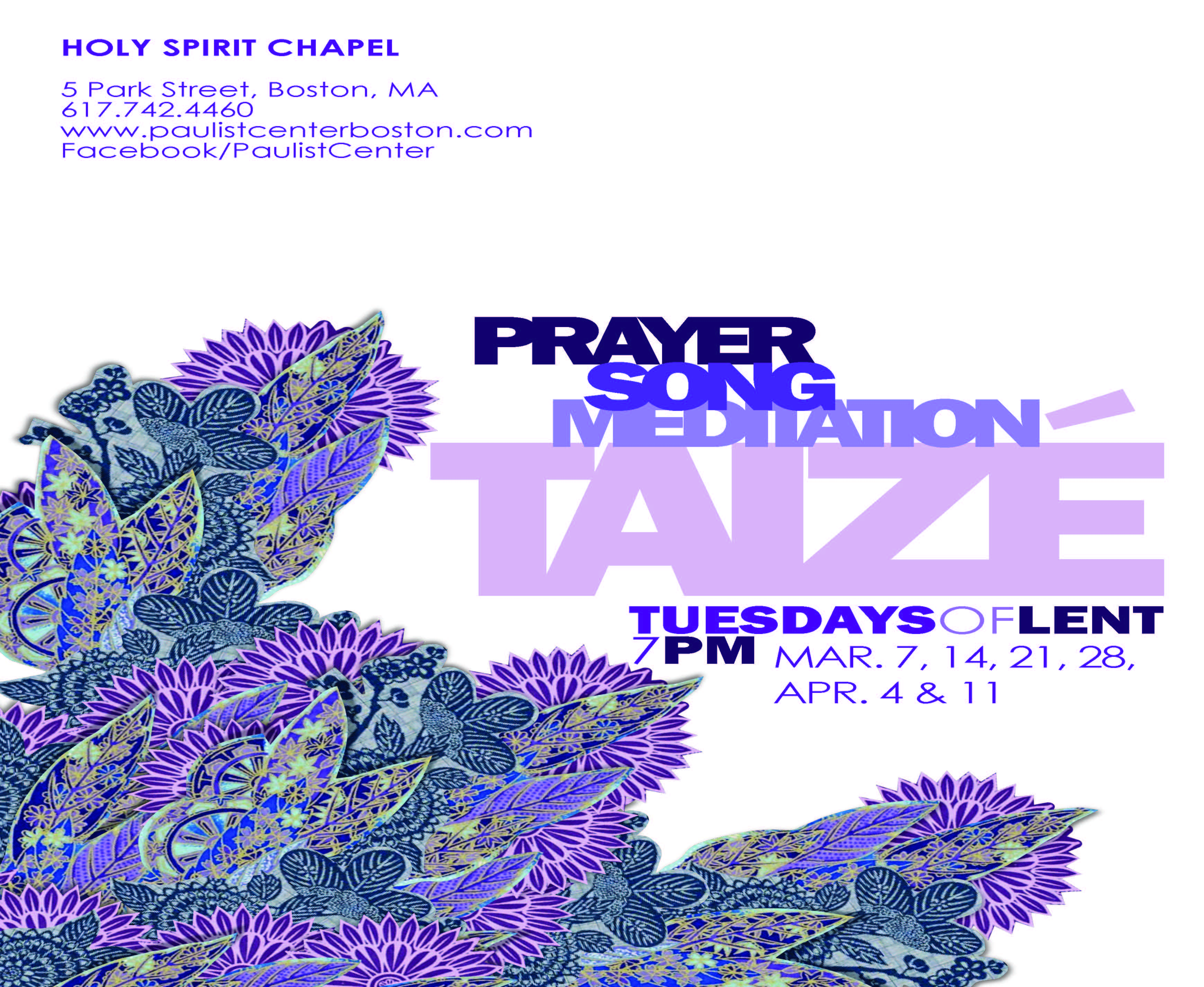 Tuesday Night: Taize Prayer
Tuesday Night: Taize Prayer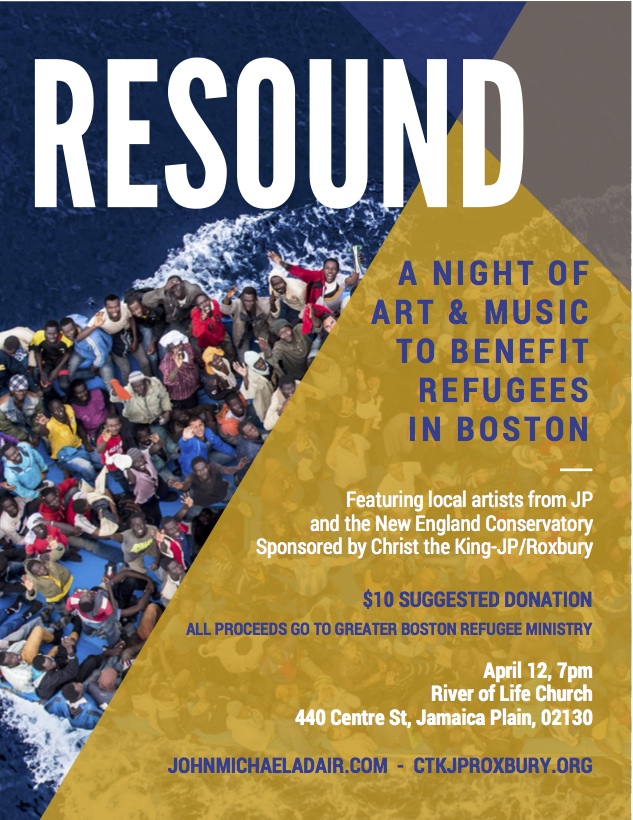 Join us for a night of art & music to benefit refugees in Boston. $10 Recommended Donation; all proceeds go to the Greater Boston Refugee Ministry.
Join us for a night of art & music to benefit refugees in Boston. $10 Recommended Donation; all proceeds go to the Greater Boston Refugee Ministry.
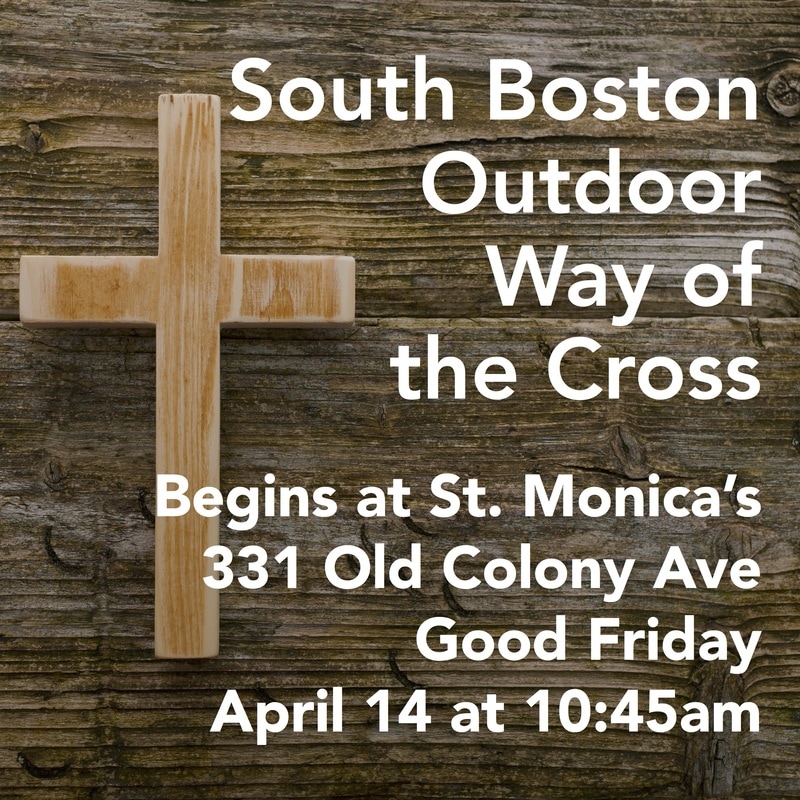 Join us for a prayerful Stations of the Cross outdoor walk with the South Boston Seaport Collaborative, followed by pizza lunch.
Join us for a prayerful Stations of the Cross outdoor walk with the South Boston Seaport Collaborative, followed by pizza lunch.
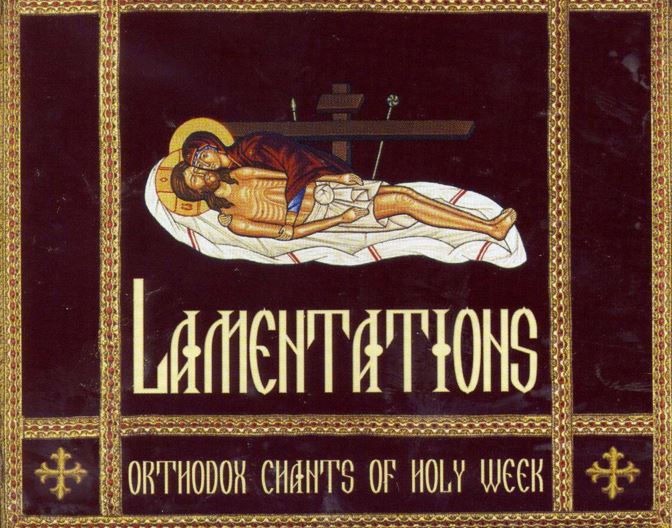
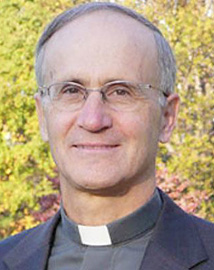 This week, we feature a guest blogger, Fr. Tom Ryan, CSP, who directs the Paulist North American Office for Ecumenical and Interfaith Relations in Boston.
This week, we feature a guest blogger, Fr. Tom Ryan, CSP, who directs the Paulist North American Office for Ecumenical and Interfaith Relations in Boston.
